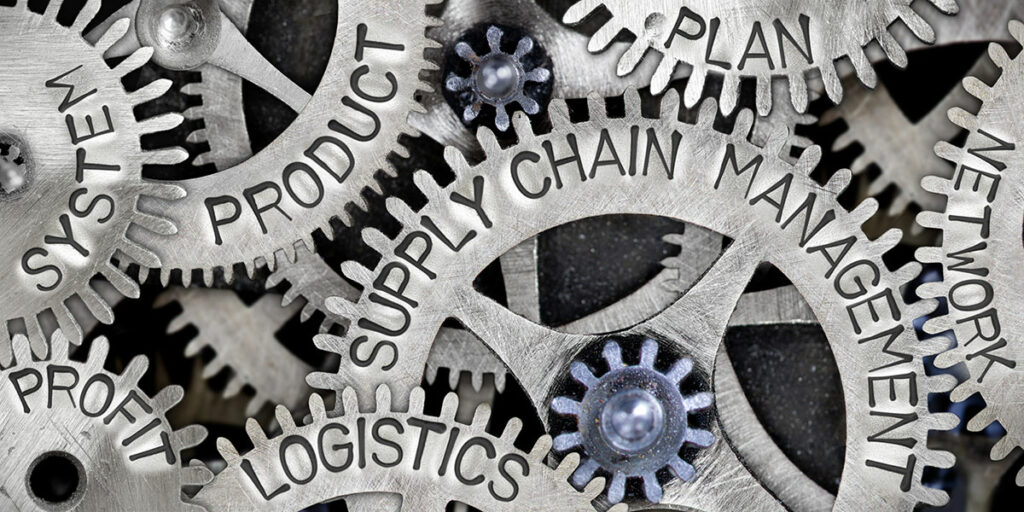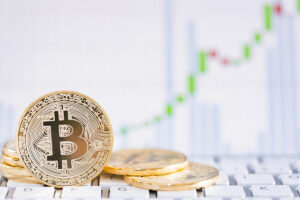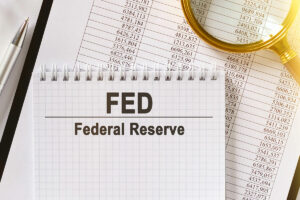Time to Release the Supply Chain

It’s time to let the supply chain off the hook. For more than three years the logistics of moving goods from one place to another has become the standard excuse for why our favorite items are not on store shelves and the answer to what is wrong with the economy. But enough is enough.
While there will always be hiccups from time to time and unforeseen events can have a ripple effect up and down the line, simply blaming our economic ills on the supply chain has become the go-to explanation for the bumps in the road to economic recovery. And it is an intellectually lazy one at that.
By this point in the recovery from the Covid-19 pandemic most of the pieces of the supply chain are back in functioning order and things are mostly up to speed. But the excuse of “supply chain problems” has become an economic trope to mollify frustrated consumers, and a form of political absolution for policymakers who feel the need to offer an excuse for inflation, tight labor markets and probably why the Jaguars aren’t going to the Super Bowl this year.
There has been so much written and said about the supply chain that most consumers accept it as the foundation of all economic problems, but it has become an empty generalization that lacks depth. But it is easy to “understand,” because everybody has heard of the supply chain and it makes sense to them since everyone has talked about it so much it has become a rhetorical device that puts the burden on consumers to deal with its implications.
Your Amazon package didn’t arrive at the scheduled time? Supply chain.
Your rabbit’s favorite food is nowhere to be found on store shelves? Supply chain.
The ingredient you need to re-create grandma’s seven-layer cake recipe is on back order? Supply chain.
In a way, blaming supply chain issues for the state of the economy has become an economic dog whistle meant to shift blame and redirect frustrations to something everyone thinks they understand, but cannot really explain.
It is a form of what mass media scholars call Agenda Setting. This is an idea that news media – along with government officials, commentators and observers – are not specifically telling people what to think on an issue, but what to think about. By pointing the finger of blame on “the supply chain,” there is no need to go into detail about the boom-and-bust cycles of an economy or re-think our basic assumptions about how economies work in the wake of a global health emergency.
It is not only unsatisfying to consumers faced with mixed feelings about their finances and unsure of the future, but it is also condescending. It echoes parents telling their petulant children demanding to know why they are being told to do something “because I said so.”
And like those petulant children, consumers are left to mutter under their breath and accept the “truth” they are told.
But it’s time to look beyond the pat answers and simple explanations. While some consumers may not be interested in the minutiae of economics, most of us could use at least a refresher course about how things work in the real world. It may not make us any happier, but we’ll all be a little smarter.









